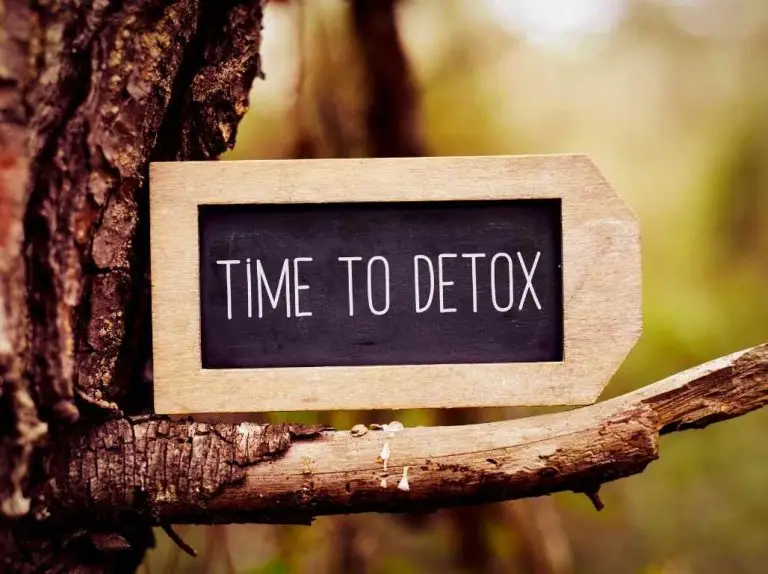Detox And Withdrawal: The Psychological Aspects
Detox and withdrawal is much more than a physical reaction to getting off drugs or alcohol. The physical aspect, however, may be the reason many people fear getting help for addiction. Detoxification, commonly referred to as detox, is often the first step in the addiction treatment process. While much attention is given to the physical aspects of detox—such as withdrawal symptoms and medication—there’s less emphasis on the psychological components. Understanding the psychological elements of detox can be crucial for both the individual going through it and their support network.
The Emotional Toll of Detox And Withdrawal
One of the most challenging parts of detox is managing withdrawal symptoms. These symptoms aren’t just physical; they can be emotional and psychological as well. Feelings of depression, anxiety, and irritability are commonly reported. The emotional toll of withdrawal should not be underestimated and is an integral part of a drug rehab in Reno, like The Differents, and other reputable centers.
Emotional Readiness: Preparation for Detox And Withdrawal
When someone decides to enter detox, they are making a conscious decision to change. This choice often comes with its own set of emotional burdens, including fear, guilt, and apprehension. Being emotionally prepared for the challenges ahead can make a significant difference in how the process is experienced. SAMHSA’s recovery guidelines offer excellent resources for preparing emotionally for detox and recovery.
Coping Mechanisms For Detox And Withdrawal
People with addiction often rely on substances as a coping mechanism for emotional or psychological distress. During detox, this crutch is taken away, necessitating new ways to cope with stress, pain, and other challenging emotions. Learning healthy coping mechanisms is a critical component of a well-rounded detox program.
Dual Diagnosis: Co-Occurring Mental Health Disorders
It is not uncommon for individuals with substance abuse issues to have co-occurring mental health disorders like depression, anxiety, or bipolar disorder. Detox can sometimes exacerbate these conditions. Therefore, a proper initial assessment is crucial to identify these conditions and adapt the treatment plan accordingly. Clinicians often use evidence-based guidelines for addiction treatment that take into account co-occurring disorders.
Emotional Support and Counseling
During detox, individuals often benefit from emotional support and counseling. Psychological support can come from professionals, peer groups, and loved ones. Support can help manage the psychological symptoms of withdrawal, offer motivation, and prepare individuals for the next stages of treatment.
The Role of Family and Loved Ones
The support of family and loved ones can be invaluable during the detox process. Emotional backing should be both encouraging and non-enabling. Learning to provide the right kind of emotional support can be crucial for the overall success of the detox and subsequent recovery process.
Cultural Sensitivity
Cultural beliefs and customs can significantly influence an individual’s psychological experience of detox. Treatment programs must be culturally sensitive to adequately address and respect these differences. The psychological tools and coping mechanisms that are most effective may vary from person to person, depending on their cultural background.
After Detox and Withdrawal: The Journey Ahead
Detox is just the first step in the journey towards recovery. The psychological skills and insights gained during this period lay the foundation for future therapy and relapse prevention strategies.
The Mind Matters: Psychological Support in Detox and Withdrawal
Detox is often considered a physical process, but it’s crucial not to overlook its psychological aspects. From preparing emotionally for detox to learning new coping mechanisms and dealing with co-occurring disorders, the mental aspects of detox are multifaceted and deeply interwoven with the physical. Understanding and addressing these aspects can significantly affect the success of the detox and set the stage for a more effective, individualized treatment plan.
More Articles To Read About Addiction Treatment
Six Tips To Manage Withdrawal Symptoms
Addiction Is Similar To Other Chronic Diseases
3 Reasons For Gender-Specific Recovery
Happiness Is Knowing Your Mental Health History





















